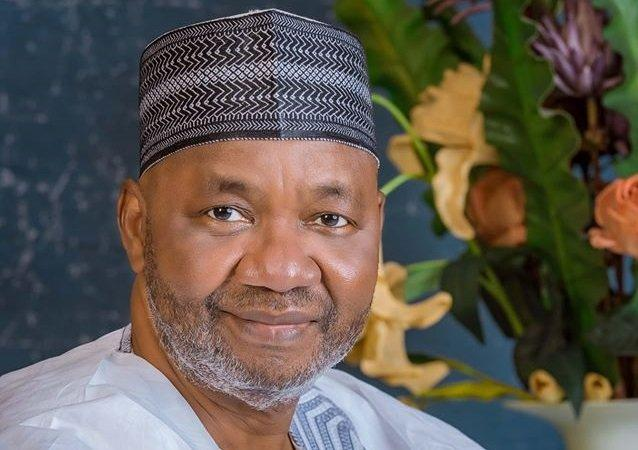In a significant political realignment, former Nigerian Vice President Namadi Sambo has officially defected from the opposition Peoples Democratic Party (PDP) to the ruling All Progressives Congress (APC). The move, confirmed on Wednesday by APC stalwart Imran Muhammad via a post on X (formerly Twitter), was finalised through the party’s Kaduna State chapter.
Sambo served as Vice President under President Goodluck Jonathan between 2010 and 2015, during a period of considerable political and economic turbulence in Nigeria. Though he has remained largely out of the public eye since leaving office, his defection signals renewed interest in political engagement—possibly with an eye toward influencing Kaduna’s strategic electoral dynamics.
A Longstanding Culture of Political Defections
Defections have become a defining feature of Nigeria’s fluid political landscape. Traditionally, politicians jump ship from opposition parties to the ruling party to access patronage and maintain political relevance. However, since 2015, a new pattern has emerged—coalitions formed through defections designed to unseat incumbents. The formation of the APC itself was a product of this trend, bringing together defectors from the PDP and other parties to end the PDP’s 16-year rule in the 2015 elections.
Sambo’s defection, while in the more traditional mould of crossing over to the ruling party, still reflects the broader strategy of political repositioning as Nigeria heads toward another potentially consequential election in 2027.
Kaduna Dynamics and National Implications
While the former VP has yet to issue a public statement, his quiet but high-profile departure from the PDP is already fuelling speculation about emerging alliances ahead of the 2027 general elections. Kaduna State, a politically pivotal region in Nigeria’s North-West, has long been a battleground for national influence.
Political observers suggest Sambo’s move may alter the balance of power in Kaduna and potentially strengthen APC’s grip on the region. The defection also reflects broader realignments within Nigeria’s political elite, many of whom are repositioning themselves as the race toward 2027 begins to take shape.
This is not the first high-level shift in recent months, but it is among the most symbolic—given Sambo’s stature as a former number-two man in the country and his long-standing ties to the PDP.
As the APC continues consolidating power and the PDP grapples with internal fragmentation, the former VP’s switch could either deepen the opposition’s woes or prompt renewed efforts to hold its ranks together.

